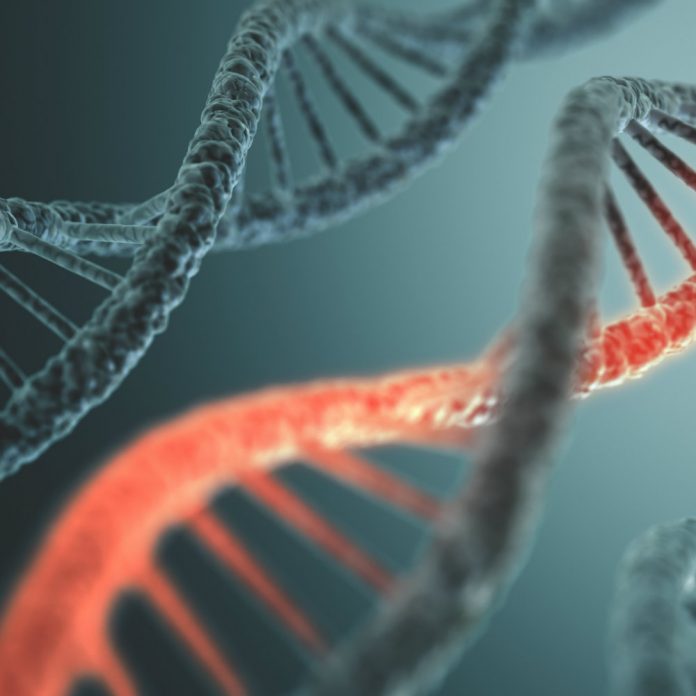Gene expression, in short, can be explained as a process that helps scientists to extract information from a gene from a biological sample for further synthesis and research. The information that is extracted from a biological sample is most of the time in the form of proteins. The same changes when one is extracting information from coding genes that are non-protein in nature as the information is in the form of a functional RNA.
Gene expression is a process that is common to all known living organisms. It is not only used by eukaryotes that include multicellular organisms but also by prokaryotes that include bacteria, viruses, for creating macromolecules to support life!
Where RNA does come in all of this?
The role of RNA is very important when it comes to completing and executing each step associated with gene expression. The first step consists of a DNA molecule where the genetic information is transcribed into an RNA molecule.
The next step consists of a scenario where the information exit the nucleus, by taking the form of mRNA and into the cytoplasm. The last step is where the RNA gets translated into the molecule of a protein. One needs to be very careful during this step as they should carefully match the correct amino acid with its respective RNA codon sequence.
During the process of transcription where the biological sample consists of protein-coding genes taken from prokaryotic organisms, there is a high chance that messenger RNA (mRNA) will be created.
mRNAs are ready for translating into protein which makes the process of gene expression a bit easier. Eukaryotic gene transcription results in the creation of a pre-mRNA (or primary transcript of messenger RNA). The process of transformation is a bit complicated, to begin with since the pre-mRNA has to go through a lot of changes to be a mRNA.
So, DNA and RNA can be considered as the cornerstone in Gene Expression?
That’s right! DNA can be rightfully considered as the essence of life since it is like a safe which has all the vital information about a species along with characteristics that have been inherited from the previous generations so that the same can be passed on to the future generations.
One can imagine genetic information as mere alphabets of the English language but the difference lies in the genetic information of all species is expressed using only four letters! Each letter can produce proteins instead of words that depend heavily on the DNA sequence of a species. The DNA sequence can be further enunciated as word-like instructions which dictate a cell to manufacture certain and specific proteins which will help a living organism to express a certain trait. The traits in question can be visualized as whether a person will be born with blue or green eyes, or whether the lizard will be having a slightly deformed hind limb due to a mutation in its gene. RNA, on the other hand, is an intermediate molecule that helps in the translation of instructions from DNA into the proteins.
After giving the above section a read, it is clear that RNA is a group of molecules that are associated with the formation of different structures responsible for gene expression, transcription and translation. We at BioChain make sure that our high quality total RNA keeps the genetic information intact so that you can complete the difficult process of gene expression with relative ease!








